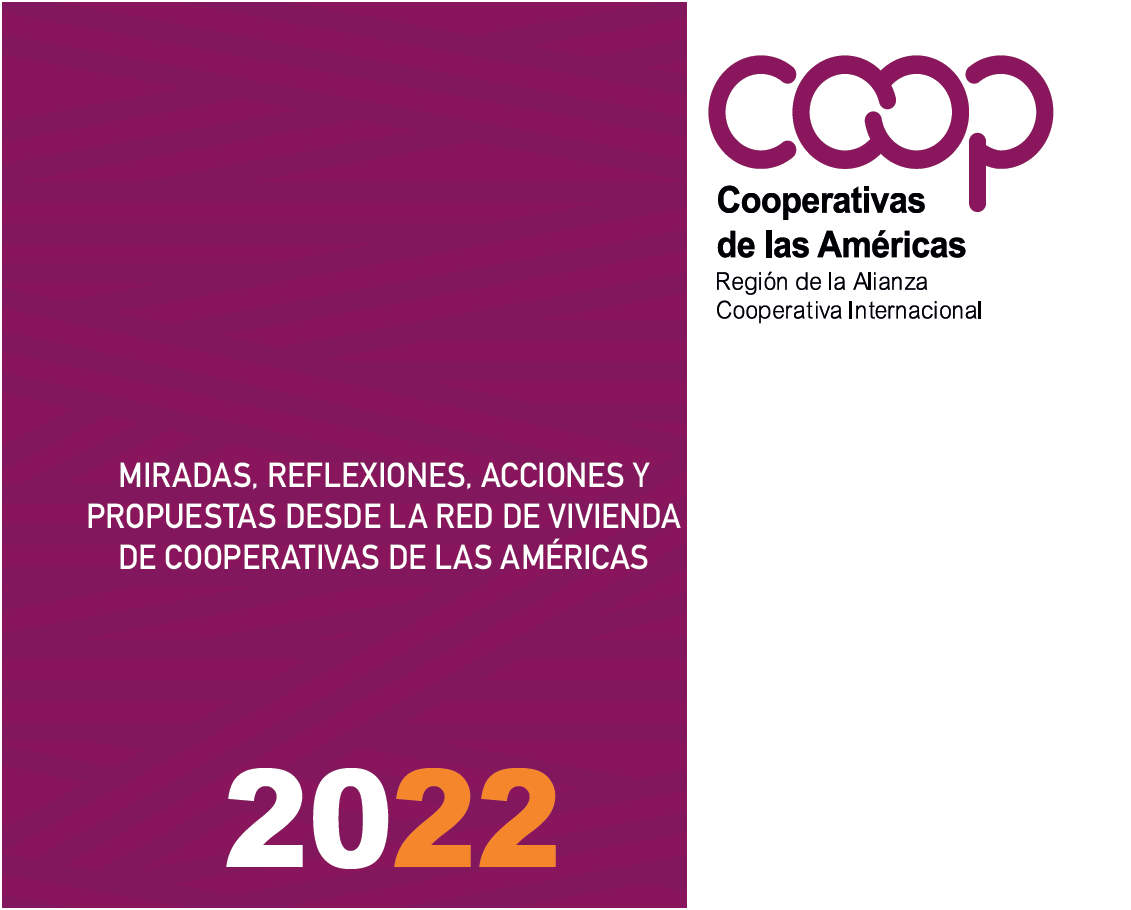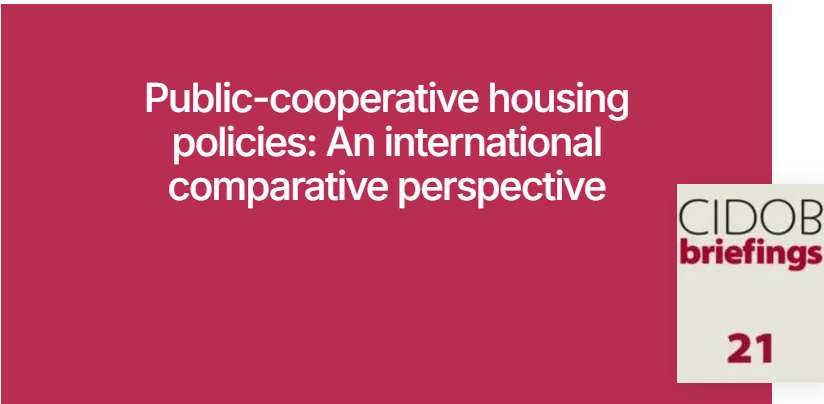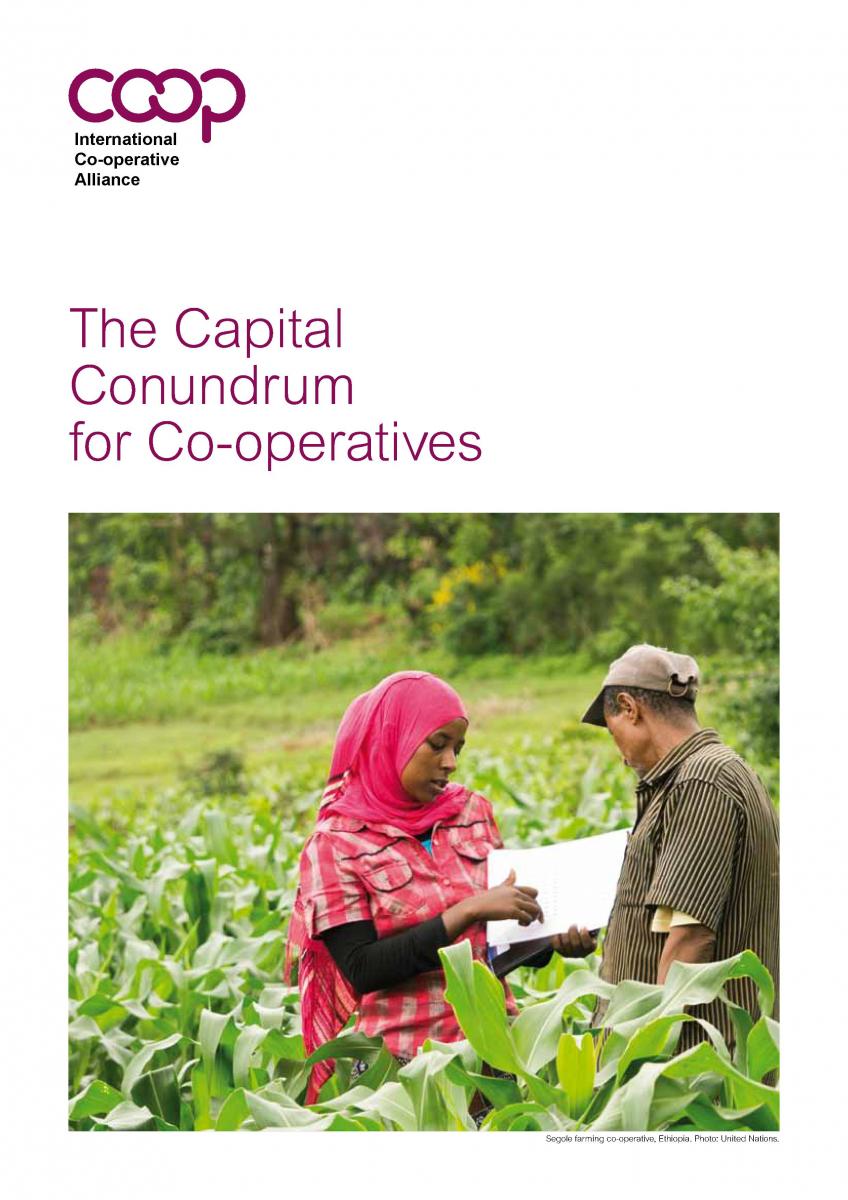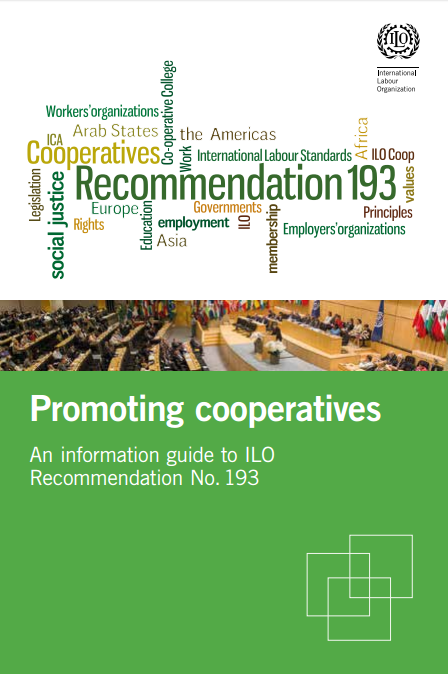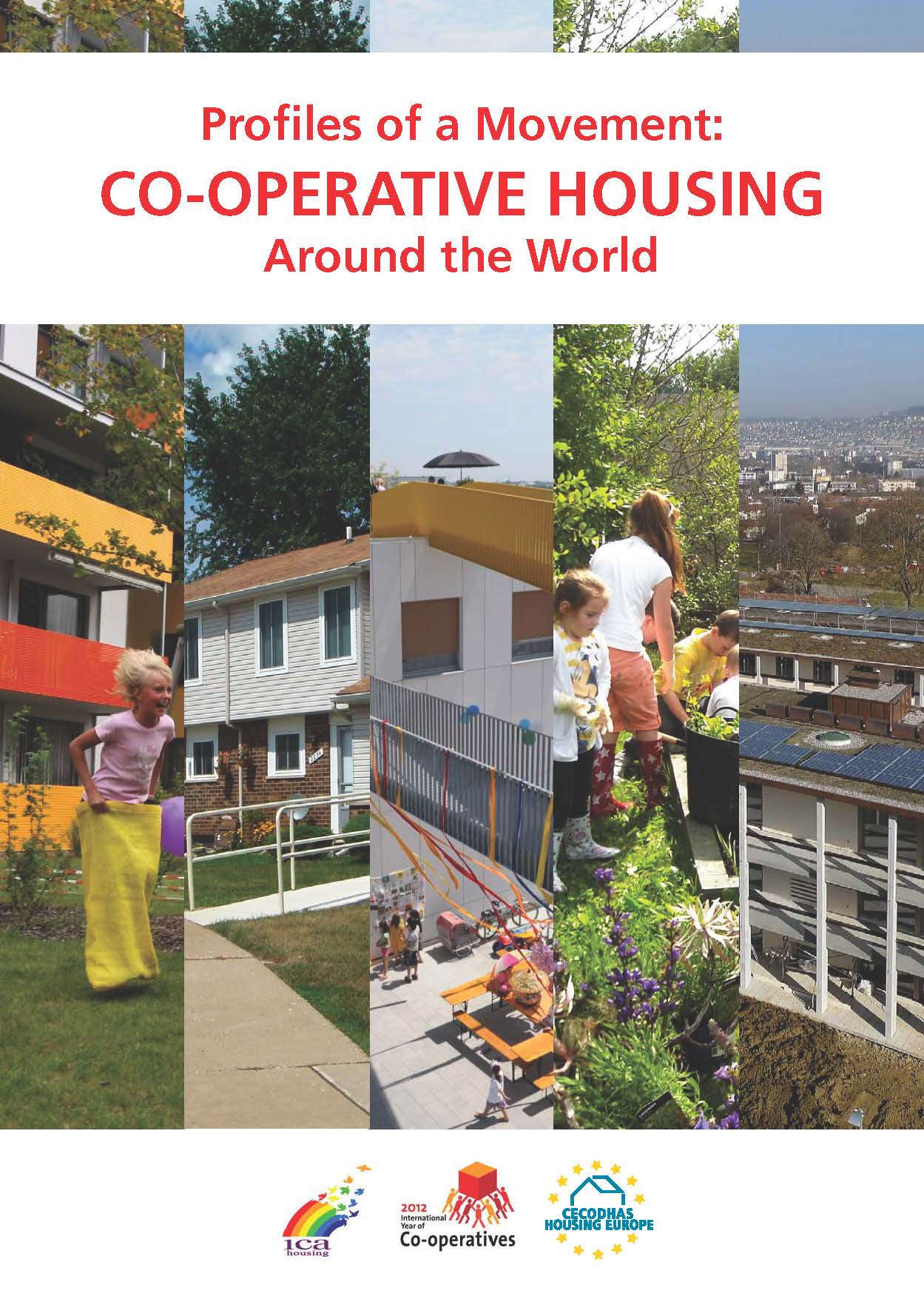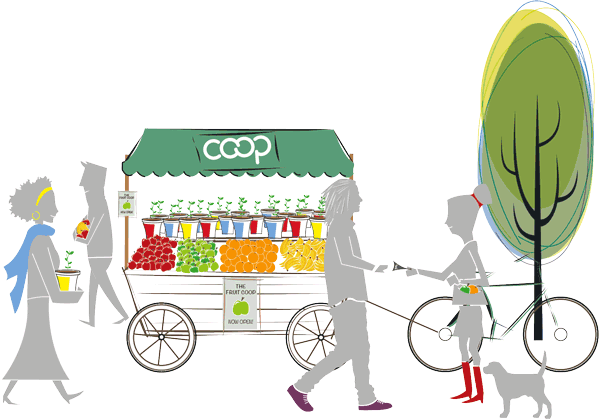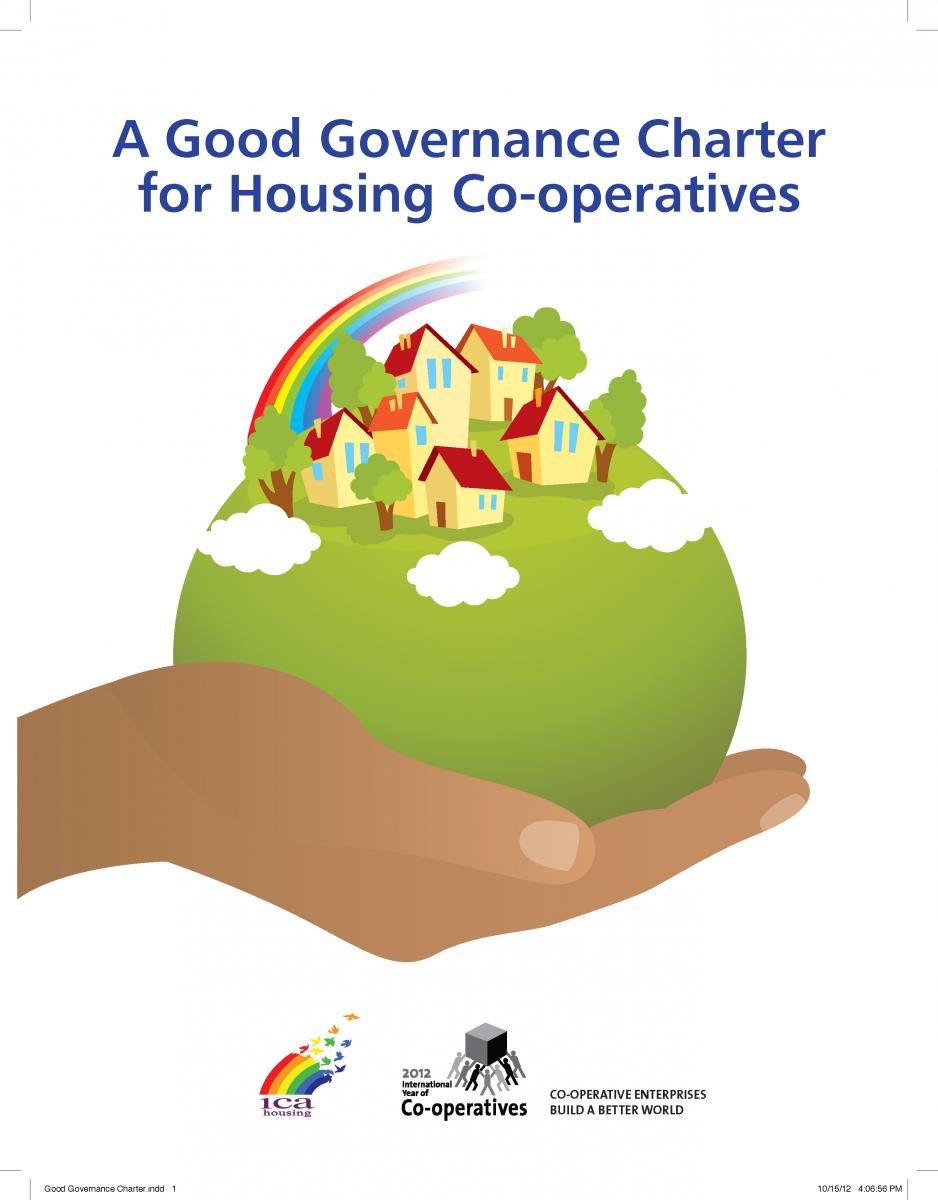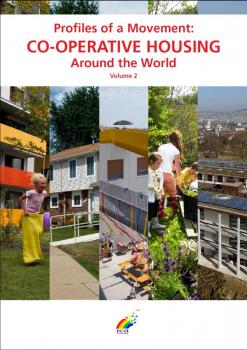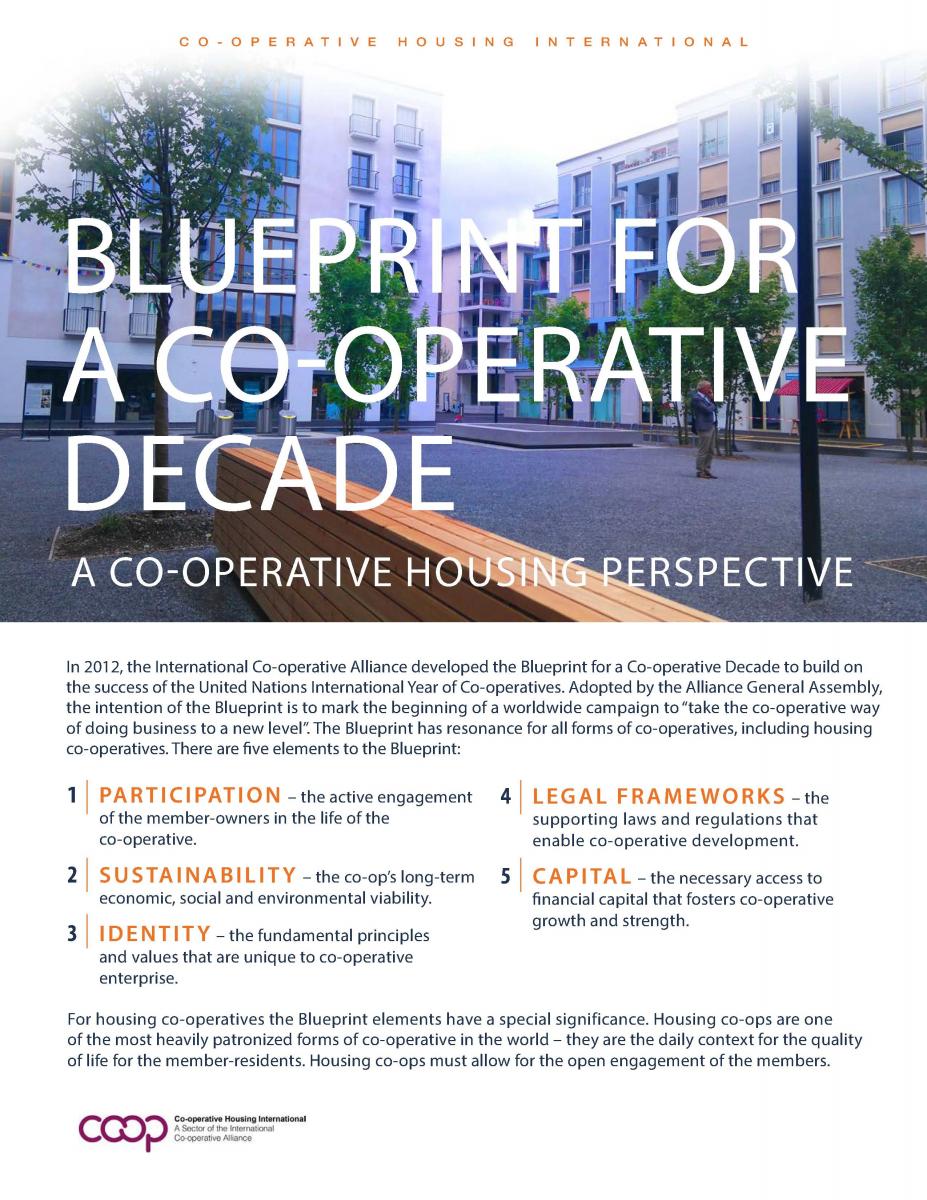About Argentina
Argentina Facts
History
The first housing cooperative dates back to 1903. It was located near Chacarita in Buenos Aires and was called Sociedad Cooperativa La Paternal. This inaugurated a neighbourhood for workers on that date. The Society, a branch of another similar one established in Spain and Italy, had no purpose but to provide comfortable and affordable housing to the associated workers. It was forbidden for them to engage in any commercial operation with the accumulated capital. At the same time, to provide credit to its members for the acquisition of housing and other purposes, the Cooperative El Hogar Obrero (EHO) was founded in 1905. This cooperative is registered as No. 1 in the then-created national registry of cooperatives.
FONAVI
In November 1972, Law 19.929 was enacted, establishing the National Housing Fund (FONAVI). Its guidelines aimed to provide access to housing for lower-income individuals for cooperatives and non-profits to build housing for their members. The guidelines required these entities to demonstrate legal, economic, financial, administrative, and technical capacity.
While the law was in effect, the Fund successfully achieved its goals. The cooperatives that were established operated under the protection of the law. Their responsibilities included organizing demand, forming groups, providing pre-financing for land, issuing calls for bids, overseeing and carrying out construction projects, delivering the completed works, and issuing deeds. Some cooperatives were also in charge of recovering and reinvesting resources.
In May 1977, Decree/Law 21,581 was passed, repealing the previous law and explicitly excluding all non-profit entities from the benefits of the Fund. With the restoration of political democracy in 1994, Law 24,441 on Housing and Construction Financing was enacted, which only allowed Corporations to participate, without considering housing cooperatives.
After the economic and social crisis of 2001, the State consolidated housing programs under the Undersecretariat of Urban Development and Housing and integrated federal programs. However, housing cooperatives had minimal involvement. In essence, due to state bureaucracy and lack of political will, housing cooperatives were not given the full opportunity to responsibly utilize public funds from national or provincial programs, and were mostly reliant on their own efforts and capacities.
Currently
In Argentina, many people do not have access to housing, which is a right recognized in the National Constitution. In response, civil society organizations in the social and solidarity economy have formed over 1,200 housing cooperatives, with around 500 currently active. Additionally, there are public service cooperatives and more than 4,000 worker cooperatives involved in housing construction and infrastructure.
The Argentine economy, especially the real estate market, is influenced by several key structural factors. These include a high concentration of people in major urban areas, leading to issues such as urban poverty, informal employment, housing shortages, and overcrowding. Furthermore, the mortgage market does not appeal to institutional investors, resulting in a lack of long-term private financing. This means that families must rely on insufficient state investment for this essential aspect of their lives.
Under this framework, housing cooperatives undertake various projects based on their management capacity. Some have taken advantage of Federal Housing Construction Programs, while others have accessed Provincial Programs. Some are engaged in self-construction and self-financing processes, and there are also cooperatives with all the necessary resources (land with infrastructure, approved projects, and members able to access credit), but there is no program specifically designed to support them.
This reality has been officially recognized by the National Executive Power through Decree of Necessity and Urgency No. 902 (2012), which established a Public Trust Fund called the Programa Crédito Argentino del Bicentenario para la Vivienda Única Familiar (PROCREAR). The purpose of the fund is to enable the population’s access to housing and create employment as part of economic and social development policies. It is considered to be perhaps the only state policy in this area, as it has endured despite the fluctuations in its financing and changes in government. A positive aspect of this program has been the inclusion of funding and construction of projects similar to those historically carried out by housing cooperatives. Although not explicitly mentioned, housing cooperatives are understood to be included in the fund’s objectives and have benefitted from it to varying degrees of success.
Argentina’s housing deficit could be reversed through the adoption of well-coordinated public policies. Developing a mortgage market under a decentralized and participatory program, driven by demand, rational subsidies, and full participation of cooperative housing entities could contribute to this goal.
Legal Aspects of Housing Cooperatives
Individuals organize and form cooperatives to provide housing access, land development and home improvement services in accordance with the general guidelines of Cooperative Law No. 20,337 of 1973. There is no specific law on housing cooperatives.
Currently, the National Institute of Associativism and Social Economy (INAES), is the authority responsible for enforcing the cooperatives law. Resolution 56 of 1987 establishes various aspects related to the operation of housing cooperatives, which may need some adjustments considering the time that has passed and the experience gained by the movement over the years.
Each organization can create its internal regulations, as permitted under Article 13 of Law 20.337. These regulations consist of legal rules established by the board of directors and/or the assembly, based on their respective authority. They outline the procedures for putting into effect the provisions of the bylaws, to which they are subordinate, and they address specific details related to the general principles set out in the bylaws.
Cooperatives’ actions with their members have a unique legal status. They are not considered regular market transactions or buying and selling agreements. The Supreme Court of the Province of Buenos Aires affirmed this legal recognition. The Court stated that these cooperative acts cannot be identified as civil or commercial contracts, according to law 20.337.
According to jurisprudence, cooperative activity is mainly governed by cooperative law, and additionally by common law that pertains to the specific type of contract in question. One important outcome of recognizing an activity as cooperative is that it cannot be separated from the cooperative’s relationship with its members. Therefore, the common law principles that match its fundamental nature should be followed in sync with the legal regulations of the organization.
Resources Tagged "Argentina"
This Spanish publication describes the housing situation in Central and South American countries that are active members of the Cooperative Housing Network of the Americas. This is only a sample of the situation in the region as a whole.Read More
Research Argentina Report
Explore public policies supporting cooperative housing worldwide in this comprehensive report. Discover how governments and cooperatives collaborate to create sustainable and affordable housing solutions globally.Read More
Research Global Research Paper
The Commission's final report on Cooperative and Mutual Housing (Bringing Democracy Home) highlighted the need for consideration of the role that cooperative and mutual housing could play in the national housing strategy. The Fina ...Read More
Financing and Development Global Report
Par cette publication, nous souhaitons ouvrir le débat sur le logement en tant que droit fondamental et enjeu métropolitain, en mettant en lumière l’expérience de grandes métropoles et dans l’espoir d’inspirer des idées nouvelles pour aborder cet enjeu absolument fondamental de l’urbanisation moderne.Read More
Advocacy Global
In 2000, United Nations (UN) member states recognised the need to build global partnerships for development and the exchange of expertise as one of the Millennium Development Goals. Across the international development field, part ...Read More
Financing and Development Global
New report: The Capital Conundrum for Co-operatives "The Capital Conundrum for Co-operatives", a new report released by the Alliance’s Blue Ribbon Commission explores ideas and options available to co-operatives that need suitab ...Read More
Financing and Development Global
Financing the development of housing co-operatives is a challenge and more so in time of financial restrictions and uncertainty. CHI members discussed the issue during a seminar held in November 2009 in Geneva. Presentations w ...Read More
Financing and Development Global
The Forest Products Annual Market Review 2013 reports that the development of new refinement processes has led to the production of new and more affordable wood based products such as cross-laminated timber (CLT). The report sta ...Read More
Sustainability Global
The ILO views cooperatives as important in improving the living and working conditions of women and men globally as well as making essential infrastructure and services available even in areas neglected by the state and investor-driven enterprises. Cooperatives have a proven record of creating and sustaining employment – they provide over 100 million jobs today; they advance the ILO’s Global Employment Agenda and contribute to promoting decent work.Read More
Legal Global
Updated Guidance Notes on the Co-operative Principles, edited by David Rodgers, former President of Co-operative Housing InternationalRead More
Governance Global
This first volume includes the co-operative housing profile of 22 countries. This report presents the history and the current realities of co-operative housing around the world. CHI is currently in the process of updating the ...Read More
Community Global
Student housing cooperatives have become very popular in the USA and many of these housing co-operatives are members of organizations such as NASCO. Unlike a resident who acquires shares at market rates to earn the right to occupy ...Read More
Community Global
The Good Governance Charter for Housing Co-operatives was launched at the ICA Housing Plenary in Manchester in November 2012.It has three parts:A 10-point set of good governance practicesAn interpretive statement for each good p ...Read More
Governance Global
Volume 2 of the Profiles of a Movement concentrates on the African continent. We are pleased to present the remarkable work achieved by the African co-operators, work accomplished in a very challenging environment. These profil ...Read More
Community Global
The Blueprint for a Co-operative Decade is a worldwide campaign to “take the co-operative way of doing business to a new level”. The five key elements of the Blueprint are participation, sustainability, identity, legal frameworks and capital. The Blueprint is particularly relevant to co-operative housing and the Blueprint interpretation for co-operative housing below explains how.Read More
Governance Global
